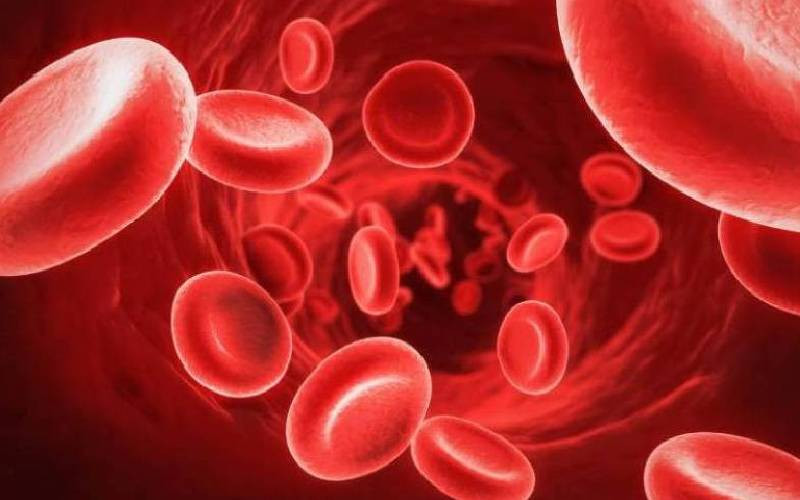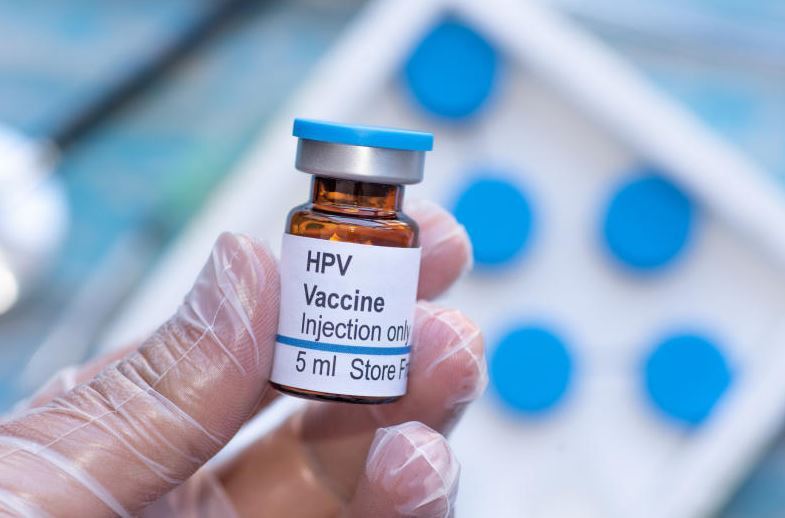
Everyone has his or her own perception when it comes to insomnia – the sleepless nights we go through – but your perception may be far from the truth, according to scientists.
Some people say insomnia arises when one is stressed and unable to resolve certain challenging issues. Others say they experience sleepless nights when they are overjoyed about something either about to happen or that has already happened, which raises their adrenaline and causes a lack of sleep.
Anxiety has also been linked to insomnia, putting someone in a state where he or she does not know what is going to happen next or wonders how to find a way out of a certain situation. Other causes of insomnia are linked to medical conditions, age, lifestyle factors, among others.
But for scientists, your gut microbes could be causing insomnia, according to a new study from China. And the reverse is also true: your sleep habits could also affect your gut health.
Previous research had already suggested that sleep habits and gut health could be interlinked, but a recent analysis published in the journal General Psychiatry indicates that the link might be causal – meaning your sleep might directly influence your gut, and vice versa.
First author Dr Shi Shangyun, from the Affiliated Brain Hospital of Nanjing Medical University in China, told BBC Science Focus that this research had the potential to reshape understanding of insomnia and inspire interest in microbiome-based research and interventions.
In the future, it is possible that insomnia could be treated via the gut with probiotics such as yoghurt or sauerkraut, prebiotics (sources of fibre), or faecal transplants, the researchers wrote.
“Additionally, the gut microbiome may serve as a biomarker to track how well these treatments work, enabling more personalised care,” said Shangyun.
- Sleepless nation: Hidden dangers of ignoring insomnia
Keep Reading
The scientists used a statistical technique called Mendelian randomisation analysis, which uses genetic information to understand cause and effect, to investigate the link between insomnia and the gut microbiome.
They identified certain genes already known to be linked to insomnia, and calculated whether people with those genes were also more likely to have certain gut microbes. They then did the same in reverse, examining whether people with specific gut microbes were more or less likely to have insomnia.
To achieve this, the scientists used data from 387,000 people with insomnia and gut microbiome data from 26,500 people. All the data was from Europeans, which means these results may not be relevant for everyone.
The scientists’ analysis suggested that 41 types of gut bacteria were likely to cause insomnia, at least in part. But Shangyun said that some microbes were more significant than others. In particular, 14 groups of bacteria were found to be associated with a higher likelihood of insomnia, and eight groups with lower odds.
Further, the scientists found that insomnia was linked with a reduction of between 43–79 per cent in seven groups of bacteria. Insomnia was also associated with a 65 per cent chance that 12 groups of bacteria were four times more abundant in the gut.
One class of bacteria called Odoribacter was particularly closely associated with insomnia risk. Odoribacter is generally associated with better gut health.
Overall, the study uncovered a vicious cycle: a variety of gut bacteria might be causing insomnia, but poor sleep might also contribute towards an altered gut microbiome.
Shangyun added that further studies were needed before doctors can prescribe gut health strategies to help their patients sleep better.
According to the National Institute of Health (NIH), insomnia is a common sleep disorder. With insomnia, you may have trouble falling asleep, staying asleep, or getting good quality sleep. This happens even if you have the time and the right environment to sleep well.
Insomnia can interfere with daily activities and may make you feel sleepy during the day. Short-term insomnia may be caused by stress or changes in your schedule or environment, lasting for a few days or weeks. Chronic (long-term) insomnia occurs three or more nights a week, lasts more than three months, and cannot be fully explained by another health problem.
Insomnia can affect memory and concentration. Chronic insomnia raises the risk of high blood pressure, coronary heart disease, diabetes, and cancer.
Even though adults need at least seven hours of sleep per night, about 35 per cent of people get less than that. Age appears to be linked to lack of sleep, with 37 per cent of people aged 20–39 reporting short sleep duration, and 40 per cent of those aged 40–59 also getting too little sleep.
 The Standard Group Plc is a multi-media organization with investments in media
platforms spanning newspaper print
operations, television, radio broadcasting, digital and online services. The
Standard Group is recognized as a
leading multi-media house in Kenya with a key influence in matters of national
and international interest.
The Standard Group Plc is a multi-media organization with investments in media
platforms spanning newspaper print
operations, television, radio broadcasting, digital and online services. The
Standard Group is recognized as a
leading multi-media house in Kenya with a key influence in matters of national
and international interest.











